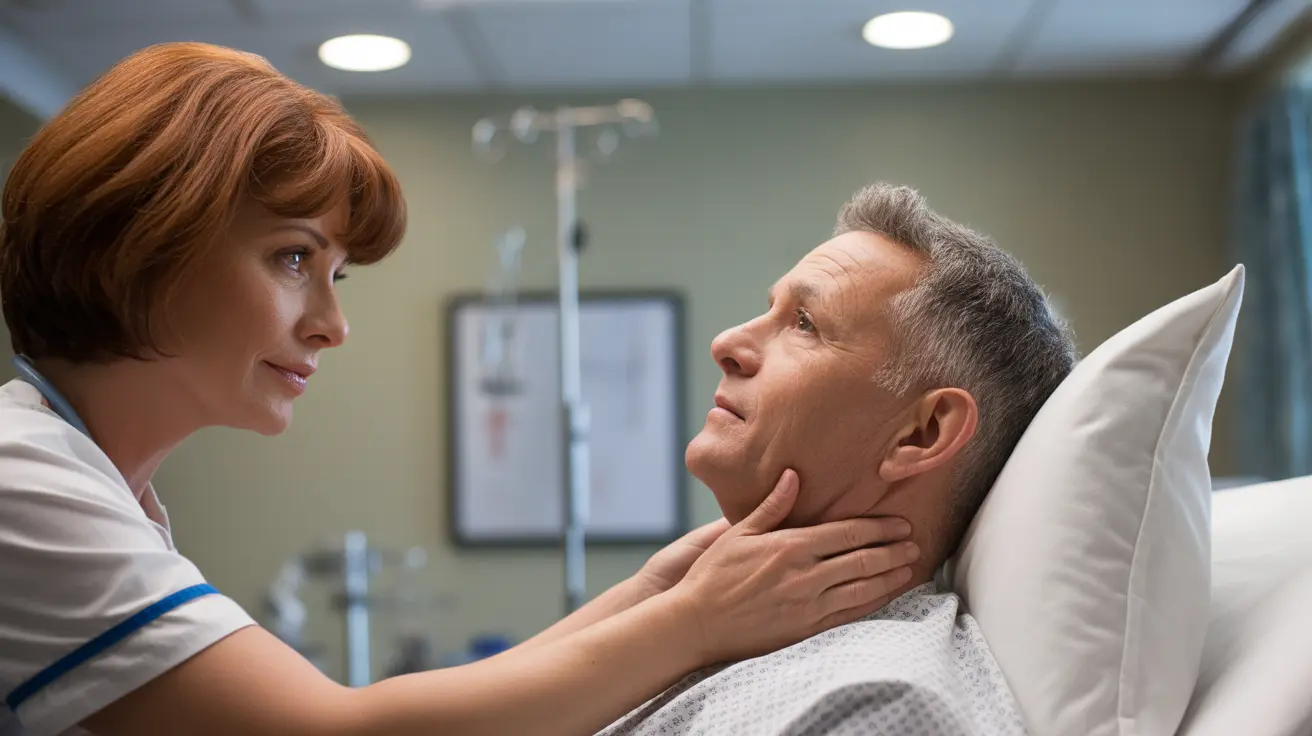Experiencing neck pain after falling and hitting your head can be both painful and concerning. This type of injury requires careful attention as it may indicate various conditions ranging from minor muscle strain to more serious medical issues. Understanding the causes, symptoms, and appropriate treatment options is crucial for proper recovery and preventing long-term complications.
This comprehensive guide will help you understand what causes neck pain following a head injury, how to manage symptoms at home, and when you should seek immediate medical attention.
Common Causes of Post-Fall Neck Pain
When you fall and hit your head, several mechanisms can lead to neck pain:
- Whiplash-type injury from sudden head movement
- Muscle strain and ligament sprains
- Cervical spine misalignment
- Inflammation of neck tissues
- Possible vertebral injury or herniated discs
The force of impact during a fall can cause your head to move rapidly in any direction, potentially straining the delicate structures of your neck and upper spine.
Recognizing Serious Symptoms
While some neck pain after a fall is expected, certain symptoms warrant immediate medical attention:
- Severe or worsening neck pain
- Numbness or tingling in arms or hands
- Difficulty moving your head
- Headache that intensifies
- Changes in vision or balance
- Confusion or disorientation
Home Care and Relief Measures
If your symptoms are mild and you've been cleared for home care, several strategies can help manage neck pain:
- Apply ice for the first 24-48 hours to reduce swelling
- Switch to gentle heat therapy after 48 hours
- Take over-the-counter pain relievers as directed
- Rest but avoid complete immobilization
- Practice gentle neck stretches once acute pain subsides
Remember to move carefully and avoid activities that could strain your neck further during the healing process.
Professional Treatment Options
Healthcare providers may recommend various treatments depending on the severity of your injury:
- Physical therapy exercises
- Manual manipulation by qualified professionals
- Prescription medications for pain management
- Specialized imaging studies if necessary
- Cervical collar in specific cases
Recovery Timeline and Prevention
Recovery time varies depending on injury severity but typically ranges from a few days to several weeks. Taking preventive measures can help avoid future injuries:
- Maintain good posture
- Strengthen neck and core muscles
- Create a safe home environment
- Practice fall prevention strategies
- Stay physically active and maintain balance
Frequently Asked Questions
What causes neck pain after falling and hitting my head?
Neck pain after a fall typically results from sudden force causing muscle strain, ligament sprains, or whiplash-type injuries. The impact can stretch or tear soft tissues in the neck and potentially affect the cervical spine structure.
How can I tell if my neck pain after a head injury is related to a concussion?
Concussion-related neck pain often occurs alongside symptoms like headache, dizziness, confusion, nausea, and sensitivity to light or noise. If you experience these symptoms together, seek immediate medical evaluation.
What are effective home remedies to relieve neck pain following a fall and head impact?
Effective home remedies include ice therapy for the first 48 hours, followed by gentle heat application, over-the-counter pain relievers, gentle neck stretches, and adequate rest. Avoid sudden movements and maintain proper posture during recovery.
When should I see a doctor for neck pain that started after a head injury?
Seek immediate medical attention if you experience severe neck pain, numbness or tingling in your arms, difficulty moving your head, worsening headache, vision changes, confusion, or any other neurological symptoms.
How long does neck pain usually last after a concussion or head injury?
Recovery time varies but typically ranges from a few days to several weeks. Mild cases may resolve within 1-2 weeks with proper care, while more severe injuries may require longer recovery periods and professional treatment.




